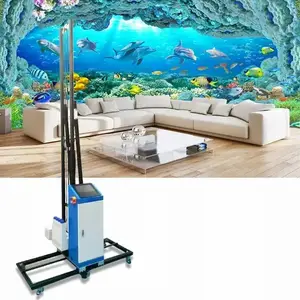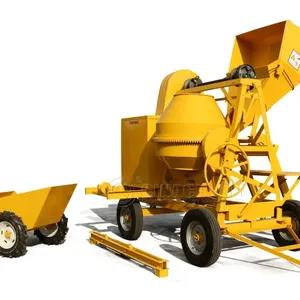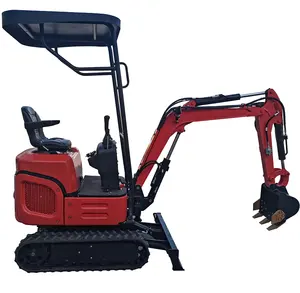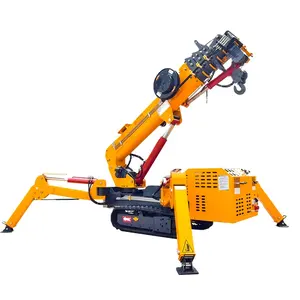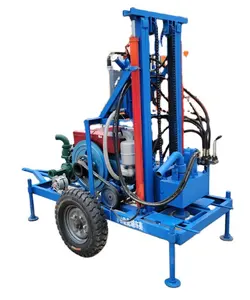Popular in your industry







































































Related Searches:




































































































































Top categories
About car panel making machine
A car panel making machine is an essential tool in the automotive industry, designed to produce high-quality car panels with efficiency and precision. These machines are the backbone of car body manufacturing, enabling producers to meet the growing demand for vehicles while adhering to strict industry standards. In this detailed exploration, we will examine the various types of car panel making machines, their structure, materials, business applications, functions, features, and benefits, providing a comprehensive understanding of their significance in the automotive sector.
Types and Applications of Car Panel Making Machines
The car panel making machines are diverse, each tailored to specific manufacturing requirements. The Tile Making Cold Roll Forming Machine is adept at producing panels with intricate designs, essential for both aesthetic and aerodynamic purposes. The Full Automatic Metal Carriage Plate Equipment is designed for high-volume production, ensuring uniformity and speed in the creation of car body panels. The Car Body Panel Pressing 2000 Ton Metal Hydraulic Stamping Coin Making Press Machine is known for its formidable force, capable of shaping thick and durable panels. These machines are not limited to the automotive industry but are also utilized in building material shops, construction works, and manufacturing plants, where precision metal shaping is required.
Structure and Core Components
The car panel making machine is a marvel of mechanical and electrical engineering. The physical structure is robust, often made of heavy-duty steel to withstand the stresses of metal shaping. Core components include high-performance motors that drive the machine, precision-engineered bearings that ensure smooth operation, and gears that are designed to withstand high torque loads. The hydraulic systems, powered by advanced pumps and engines, provide the necessary force for the stamping and forming processes. These components are strategically placed to optimize the machine's performance and to facilitate easy access for maintenance and repair.
Materials and Durability
Materials used in the construction of car panel making machines are chosen for their strength and endurance. Components are typically made from hardened steel or high-grade alloys that resist deformation under high-stress conditions. The choice of materials is critical, as it directly impacts the machine's durability and the quality of the car panels produced. These materials also contribute to the machine's ability to operate continuously in harsh industrial environments without significant wear and tear.
Business Usages and Key Selling Points
Car panel making machines are pivotal in various business settings. In the automotive sector, they are used to produce panels for cars, trucks, and other vehicles. In the construction industry, they help in fabricating metal parts for buildings and infrastructure. The key selling points for these machines include their ease of operation, which allows for quick training of personnel; high productivity, which ensures a high output of panels; and high-accuracy, which guarantees that each panel meets exact specifications. These machines also boast a high safety level, with built-in features to protect operators, and high speed, which reduces cycle times and increases throughput.
Functions and Features
The car panel making machine is designed to perform multiple functions, including rolling, pressing, cutting, and bending metal sheets into precise car panels. Features such as programmable logic controllers (PLCs), digital readouts, and automated feeding systems enhance the machine's capabilities, allowing for customization and automation of production processes. These features enable the machine to produce panels with complex shapes and designs, which are increasingly in demand in the modern automotive market.
Benefits and Advantages for Manufacturers
Manufacturers benefit from the use of car panel making machines through increased efficiency and reduced waste, leading to cost savings and higher profit margins. The precision of these machines ensures that panels are made to exact specifications, reducing the need for rework and improving overall product quality. The automation capabilities of these machines also allow for a reduction in manual labor, which can decrease the likelihood of workplace injuries and improve production line safety.
How does a car panel making machine enhance production efficiency?
A car panel making machine enhances production efficiency by automating critical steps in the panel manufacturing process. The integration of advanced sensors and control systems allows for real-time adjustments during operation, minimizing downtime and maximizing output. The high-speed capabilities of these machines mean that more panels can be produced in a shorter amount of time, meeting the high-volume demands of the automotive industry without sacrificing quality.
What should businesses consider when choosing a car panel making machine?
Businesses should consider several factors when choosing a car panel making machine. The type of panels to be produced, the desired production volume, and the available factory space are primary considerations. Additionally, the machine's energy consumption, compatibility with existing production lines, and the level of after-sales support offered by the manufacturer are also important. Businesses should also evaluate the machine's ability to adapt to future production needs and its ease of integration with new technologies.
How to ensure the longevity of a car panel making machine?
Ensuring the longevity of a car panel making machine involves regular maintenance and adherence to the manufacturer's operational guidelines. Scheduled inspections should be conducted to identify and replace worn components before they fail. Lubrication of moving parts, calibration of control systems, and cleaning to prevent buildup of debris all contribute to the machine's ongoing reliability and performance. Training for operators should emphasize the importance of operating the machine within its design parameters to avoid undue stress on its components.
